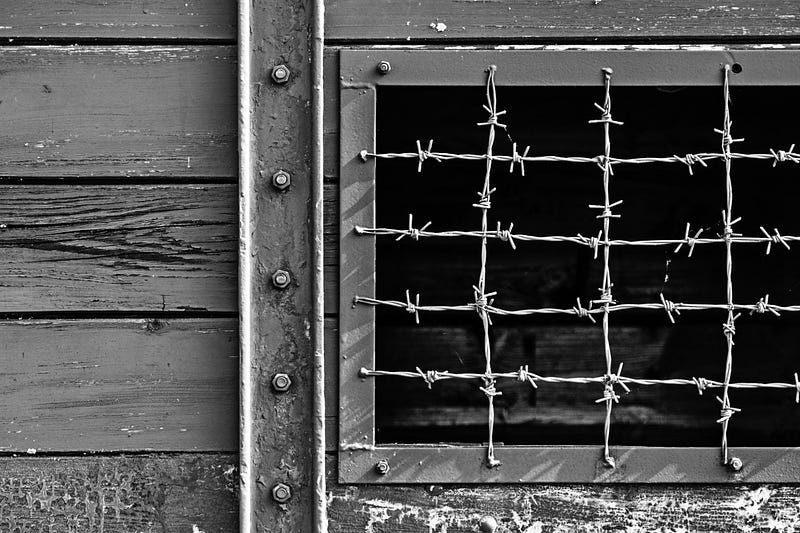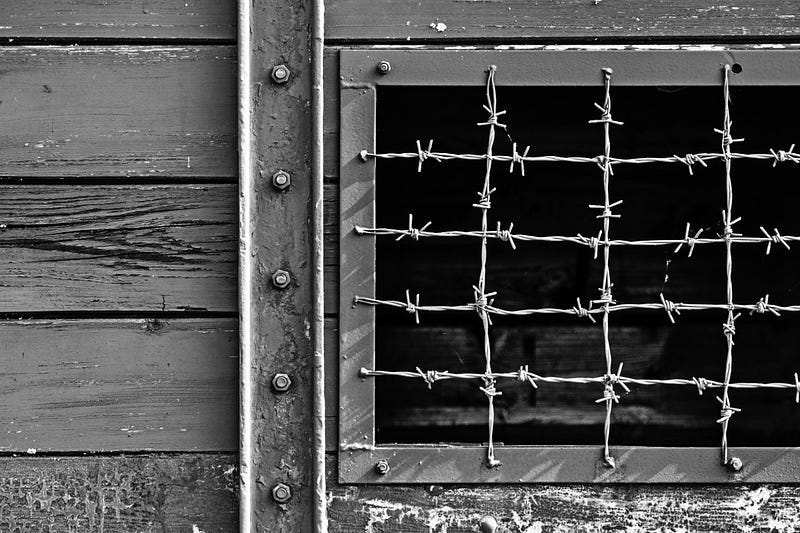Why we should call it extermination
Today is Holocaust Memorial Day, and this year, in the worldwide climate of return of chauvinism and intolerance, seems to be more…

Today is Holocaust Memorial Day, and this year, in the worldwide climate of return of chauvinism and intolerance, seems to be more heartfelt than usual. Probably because many survivors of the death camps are elderly and the risk of losing their memory becomes more acute and penetrating, and because there is a subtle and creeping tendency to minimise the victim status of Jews. Not all victims were Jews, but all Jews were victims, to use the words of Elie Wiesel.
Words are important. Words define our understanding of the world. When we say Shoah, we are referring to the extermination of the Jewish people perpetrated by the Nazis, who were the main target of the executioners. The numbers are evident: six million dead Jews, some say more.
There were other exterminations perpetrated in the camps, with as much ferocity and above all systematic, I dare say scientific planning. The Homocaust, that is to say, the holocaust of homosexuals, the deafening silence of pink triangles. I remember the excitement of sitting on the bank of the Homomonument canal, significantly close to Anne Frank’s house in Amsterdam, when I arrived in the city in 2014. The extermination of Roma and Sinti, called Porajmos (“devastation”) or Samudaripen (“all dead”). Pentecostals were also persecuted. Esperanto, as a language designed by a Jew, Ludwik Lejzer Zamenhof, was considered a dangerous language, and the Esperantists were persecuted as such. And maybe I’ve forgotten some of them. I apologise. Memory is not a fixed object, it is dynamic, it must be cultivated. One never stops learning to remember.
The extermination of the Jews was the primary one. If we use the Hebrew term Shoah, we’re referring specifically to Jewish extermination. It should also be remembered that there have been others. We cannot call it the Holocaust, because the term classically means ‘sacrificial offering to God’. I am not a believer, but that does not mean that it is justified to offend believers. I find the term ‘holocaust’ used in this way offensive to their sensibilities. I repeat, words are important, especially on such a sensitive issue.
The only umbrella term I find appropriate is extermination. It indicates precisely what happened to all the prisoners in the camps, which were not ‘of concentration’, they were ‘of extermination’.




